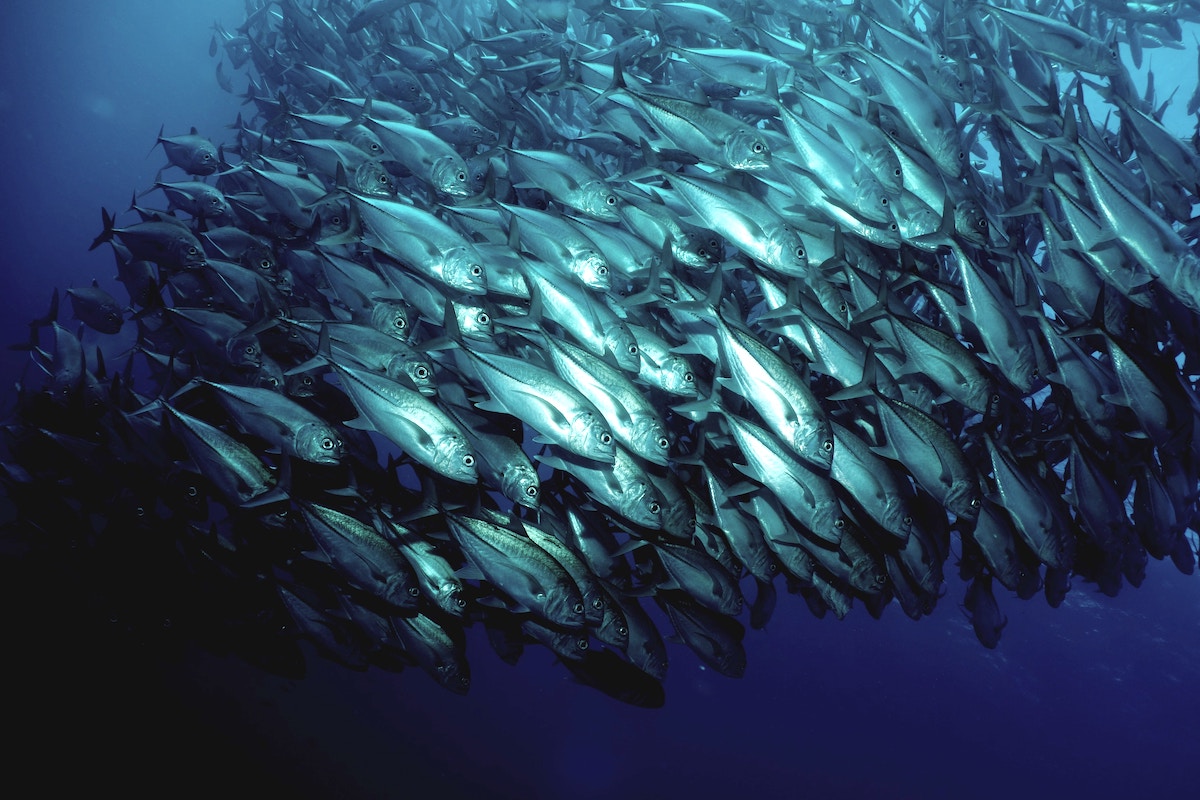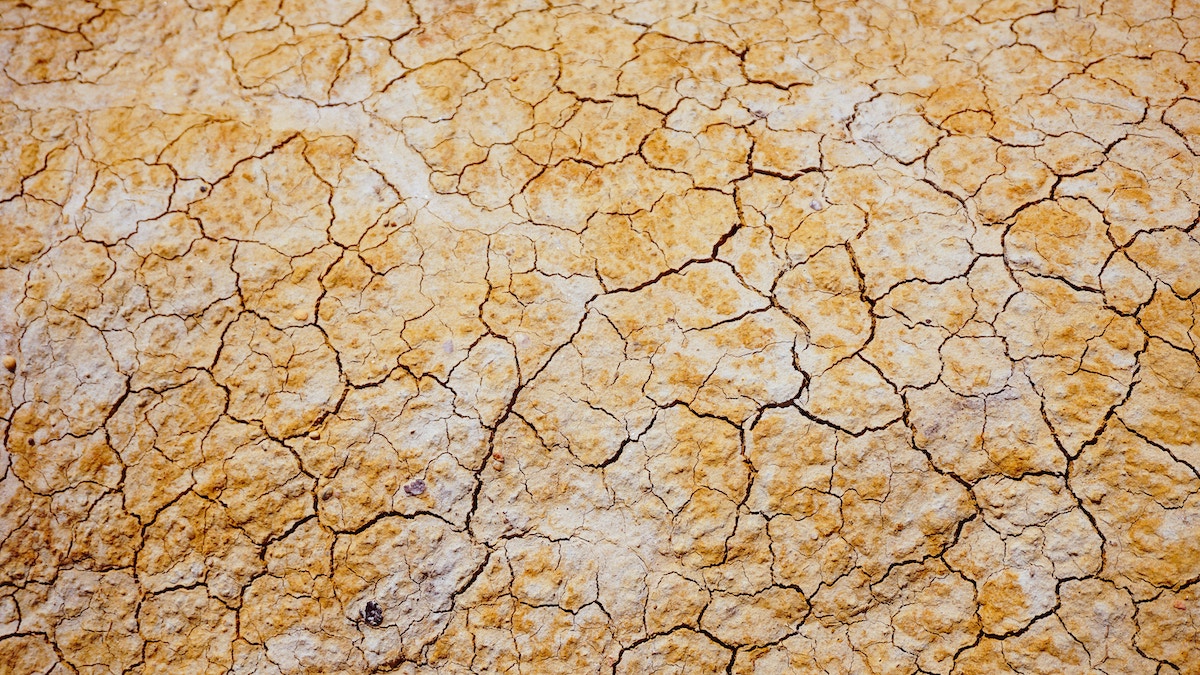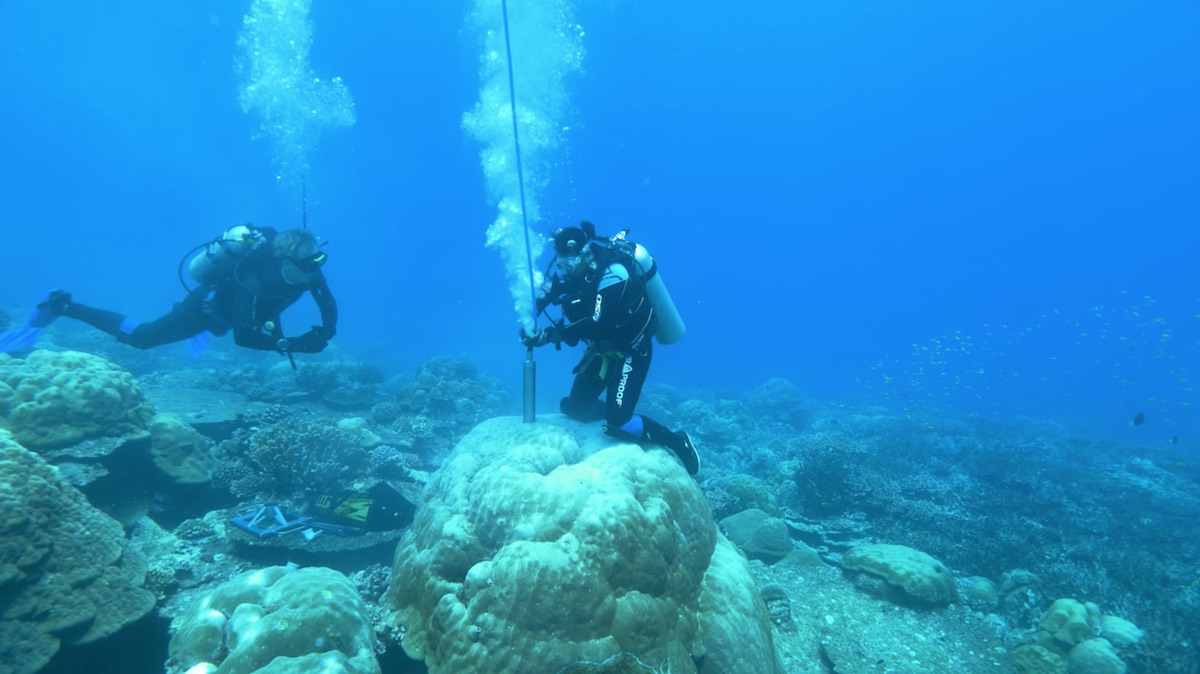-
Safeguarding the world’s largest tuna fishery

New research has used a combination of records from captains and scientific observers, FAD tracking data, ocean models and cutting edge simulation methods to reveal for the first time the trajectories and potential impact FADs may have on fisheries around Pacific island nations.
-
2℃ of global warming would put pressure on Melbourne’s water supply

Melbourne’s existing water supplies may face pressure if global warming hits the 2℃ level. The effects of drying and warming in southern Australia are expected to reduce natural water supplies. If we overshoot 2℃ of warming, even the desalination plant might not provide enough drinking water to a growing population.
-
Indian Ocean causes drought and heatwaves in South America

Indian Ocean convection caused a powerful planetary wave that led to a drought in South America and a marine heatwave in the South Atlantic that lasted for months.
-
Distant processes influence marine heatwaves around the world

An international team, led by Australian researchers from the ARC Centre of Excellence for Climate Extremes (CLEX) and the Institute for Marine and Antarctic (IMAS) studies, have published in Nature Communications the first global assessment of the major drivers of marine heatwaves.
-
New dataset reveals key to Townsville flood disaster

CLEX researchers with the Bureau of Meteorology have created a new 20-year-long regularly updated precipitation dataset for Australia using 50 radar sites. This will allow researchers to examine the climatology of extreme events, follow cloud processes, estimate hail size, determine cloud top height and much more.
-
“Impossible” research produces 400-year El Niño record and reveals astonishing change

Dr Mandy Freund and CLEX colleagues have produced a world first 400-year long record of El Niño activity. It’s a record that was previously considered impossible to extract from coral cores.
-
Climate extremes explain 18%-43% of global crop yield variations

CLEX researchers and colleagues from Australia, Germany and the US have quantified the effect of climate extremes, such as droughts or heatwaves, on the yield variability of staple crops around the world. Overall, year-to-year changes in climate factors during the growing season of maize, rice, soy and spring wheat accounted for 20%-49% of yield fluctuations,…
-
Marine heatwaves a clear and present threat to our oceans

The increase in frequency and intensity of ocean heatwaves over the past 30 years has had profound impacts on certain marine ecosystems and significantly impacted the industries that depend on them. According to new research in Nature Climate Change, marine heatwaves are now a clear and present threat to global biodiversity.


